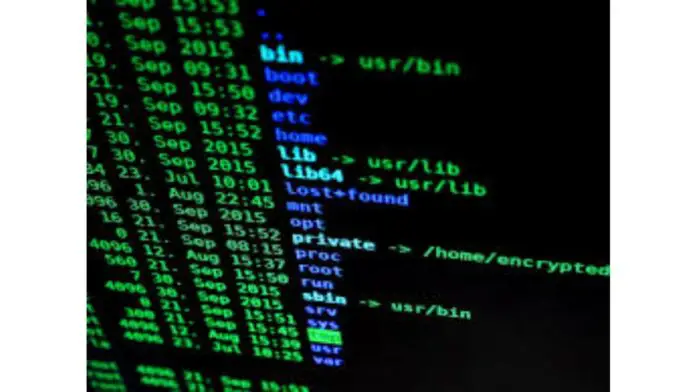
Pegasus spyware, designed by Israeli cybersecurity firm NSO Group, has hit the headlines after news outlets such as the Washington Post and the Guardian reported on alleged spying. According to the reports, the spyware was used to target the phones of several famous journalists, politicians in India, and constitutional authorities.
Two serving union ministers, three opposition leaders, one constitutional authority, current and former heads of security organizations, administrators, and 40 senior journalists and activists from India were allegedly bugged and placed under surveillance using the Israeli spy software Pegasus, according to them.
Pegasus initially made headlines in 2019 when WhatsApp, which is owned by Facebook, disclosed that the spyware had been used to target roughly 1,400 persons in India, including journalists and human rights activists. This information was revealed in a US law court in San Francisco. WhatsApp claims to have patched the software flaws that allowed Pegasus to infiltrate a phone simply by giving over a WhatsApp video call.
“This is an issue that needs to be addressed. It’s a form of state surveillance. This is a significant problem. It jeopardizes the constitutional democracy system as well as citizens’ privacy. The government cannot get away with claiming that it must verify everything. These are grave concerns. What are the names of the organizations that have been infected by malware? Which agencies were involved in the purchase of Pegasus? This isn’t something that the government can run away from.” Congress deputy leader Anand Sharma in Rajya Sabha.
“Opposition leaders’ phones, journalists’ and editors’ phones, Supreme Court judges’ phones, and significant business executives’ phones are all being tapped. What is emerging is a validation of previous apprehensions aired on the floor of Parliament… this is not a matter of dispute or discussion. It requires the use of an open probe. This isn’t a federal investigation. It also necessitates the establishment of responsibility under the law and the Constitution, that’s what we will fight for,” he said.
It’s a blatant abuse of power, according to Sharma. “Privacy has been destroyed completely, constitutional rights have been violated, and a climate of dread and insecurity has been established in the country, where individuals can’t even converse freely on the phone because they don’t know who is listening. Furthermore, if your question, you will be threatened by sedition [law] or the UAPA. Are we turning India into a police state?”
The Supreme Court recognized privacy as a Fundamental Right in the August 2017 KS Puttaswamy judgment, which included privacy of not only one’s body but also one’s identity in the digital age.
Any instance of monitoring must be lawful, reasonable, and essential, according to the constitutional criteria set in KS Puttaswamy versus. Union of India. Surveillance using the Pegasus spyware, which is highly intrusive, does not meet any of those conditions, especially because the government has “less intrusive” alternatives.
A ten-member committee led by retired Supreme Court Justice BN Srikrishna produced a comprehensive report on data protection in 2018 and proposed a draft Data Protection Bill. Even after three years, the draft measure is still pending before a Joint Parliamentary Committee.
The Telegraph Act of 1885 and the Information Technology Act of 2000, both enacted in India, set forth the norms and processes for authorized government surveillance and interception of communications, subject to rigorous conditions and defined purposes. However, none of the provisions of these two Acts appear to apply to the current dispute about Pegasus spying.
Concerns have also been raised about the disguised nature of government-mandated surveillance. Victims of modern surveillance are frequently denied constitutional remedies available to them under Articles 32 and 226 of the Indian Constitution due to a lack of adequate information.








